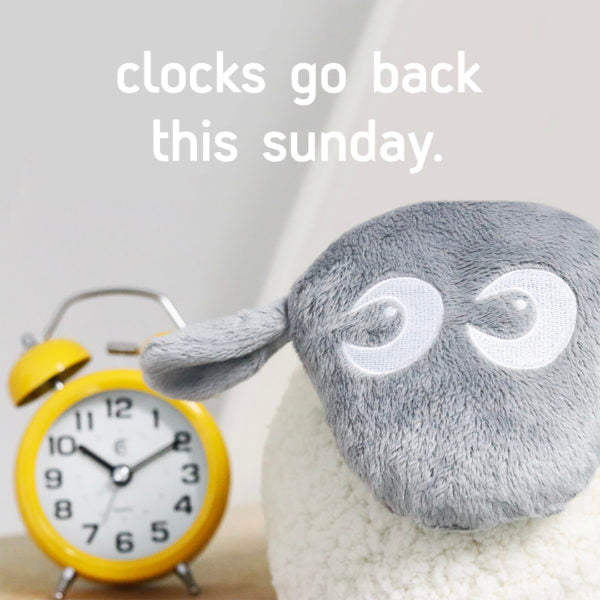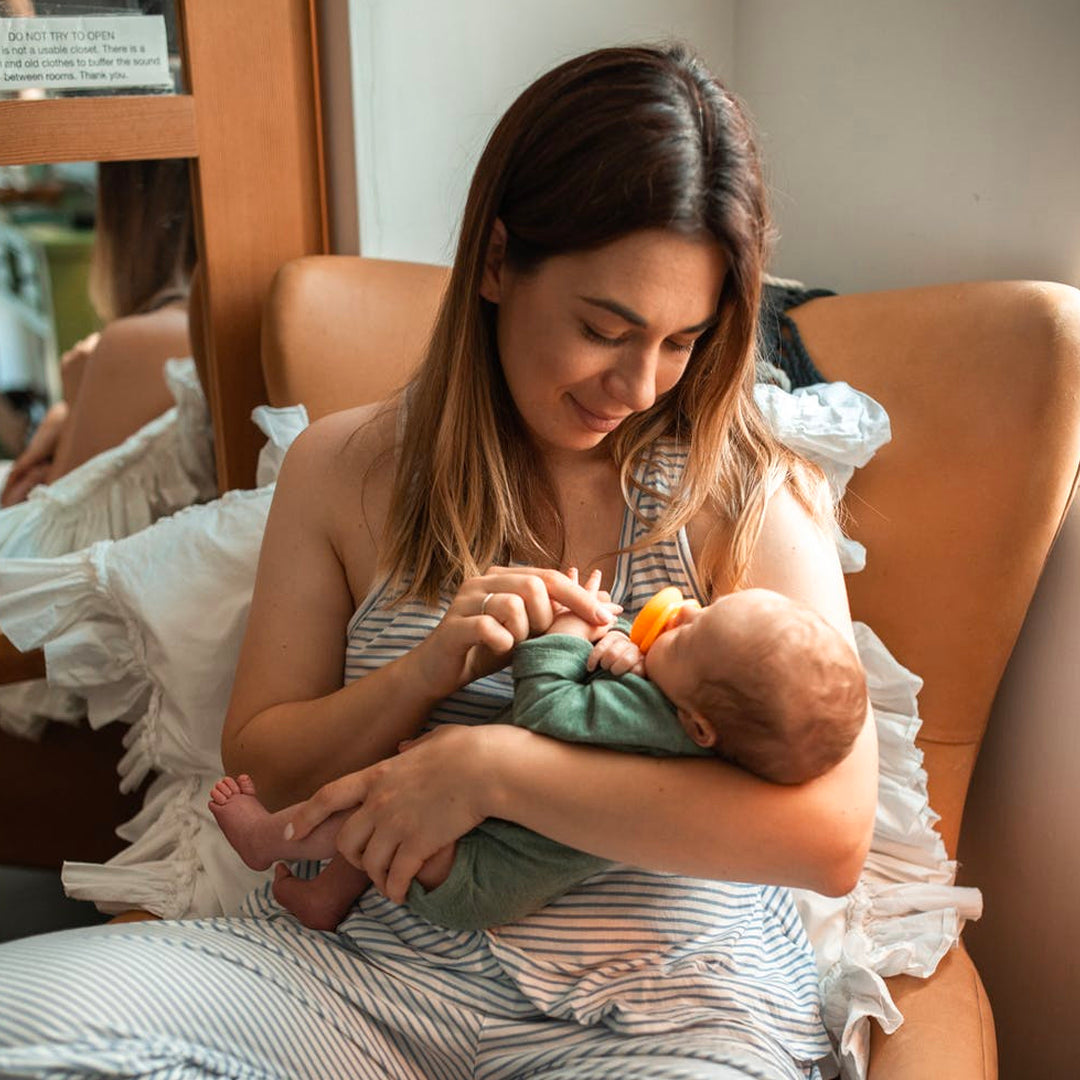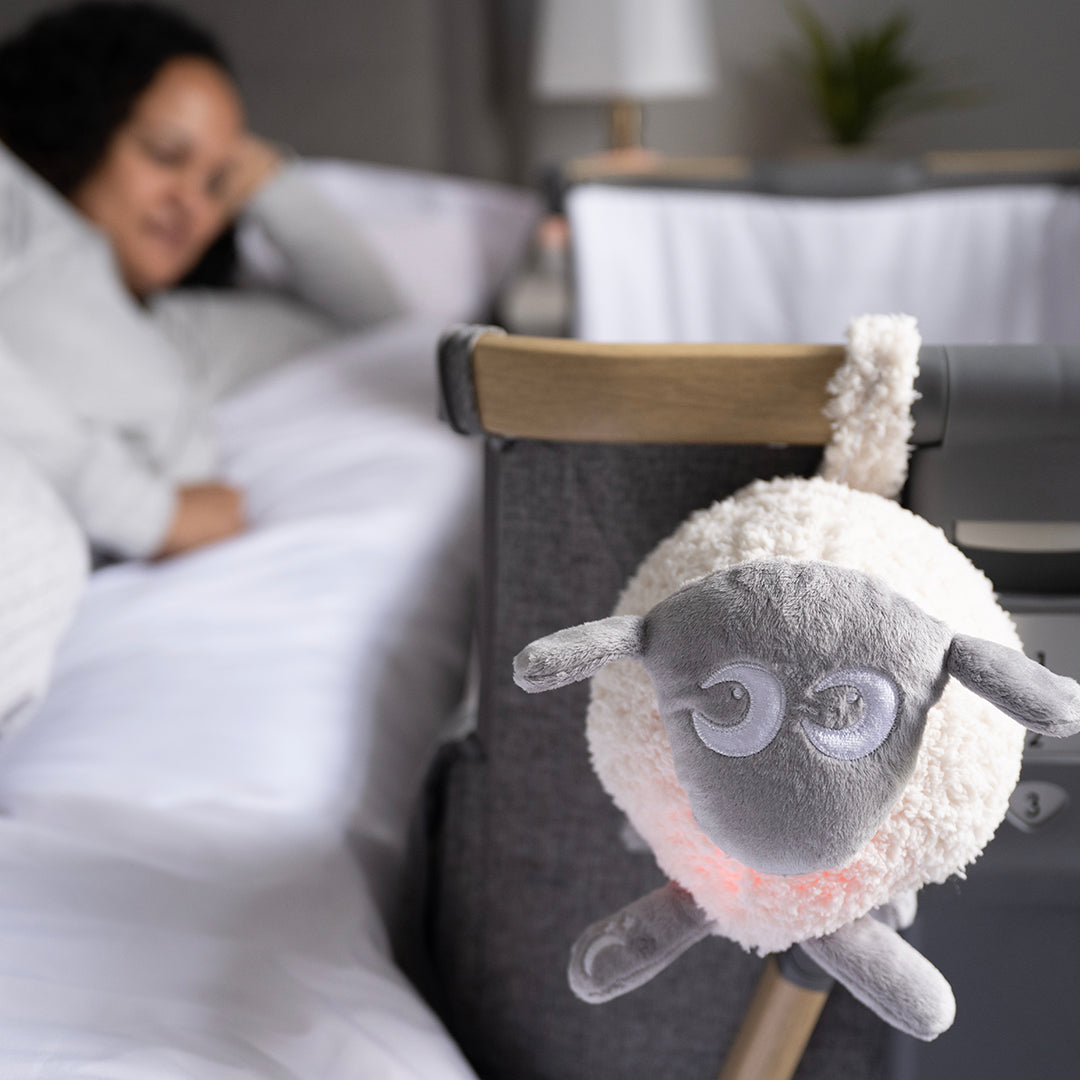Newborn Sleep | Baby Dribble THE PODCAST episode: 2
Hello and welcome to Baby Dribble, brought to you from Sweet Dreamers HQ by the SweetDreamers team. Baby Dribble is a fun, friendly, and FREE parenting advice “channel” for new and expectant parents and caregivers. We aim to provide knowledge, support, and insight into the wonderful world of parenthood with industry expert guests and medical professionals.
Our panel today consists of two mothers from the Sweet Dreamers team—myself, Lynda, a mom of six, and Lucy, a new mom to Mason.
This week, we’re talking about newborn sleep and what to expect in the first four weeks when you bring your little one home. We hope to offer informative, entertaining, and practical advice to help navigate this sometimes challenging period as a new parent.
It’s said that new parents miss out on six months of sleep in their child’s first two years. We remember back to when our first babies were born, feeling like extras from "The Walking Dead"—basically walking around like zombies. Many new moms feel isolated, thinking everyone else is coping better. But we know that’s not the case! We suspect social pressure plays a role—everyone wants to appear like they have it all together. However, it’s completely okay to ask for help.
We all hear the phrase "Sleeping like a baby,” and as mothers, we think this is a misleading statement! We researched where this saying came from and found that it refers to how a baby sleeps—not how long. Babies have no worldly worries, so they sleep peacefully—but that doesn’t mean they sleep long hours without interruption.
Earlier this week, we conducted a Myth-Busting Newborn Sleep Poll on our Instagram story to see how much our followers knew about newborn sleep. Here are the results:
Newborns need a quiet room to fall asleep.
True 9%
False 91%
This is false. Babies can hear from around 15 weeks’ gestation. Inside the womb, babies are constantly exposed to various noises—like a mother’s heartbeat, digestion, and even external sounds. These sounds can actually comfort them after birth.
Many people talk about white noise—a sound that contains every frequency within the range of human hearing. While white noise (like TV static) is helpful, pink noise is even better.
Pink noise is richer and fuller but also gentler on the ears—perfect for babies. Examples of pink noise include a heartbeat, womb sounds, and rainfall. These familiar noises create a relaxing atmosphere, helping soothe babies to sleep.
Newborns should sleep on their back.
True 86%
False 14%
Yes! Babies should always sleep on their backs. This is the safest sleep position, according to the American Academy of Pediatrics (AAP). We understand why there’s confusion—previous generations were advised to put babies on their stomachs. However, studies have shown that placing babies on their backs significantly reduces the risk of Sudden Infant Death Syndrome (SIDS).
You should never wake a sleeping baby.
True 45%
False 55%
We’re not surprised this one divided opinions—it’s tricky! A newborn may not always signal when they’re hungry, as they’re still learning how to communicate. As a general rule, newborns (under four weeks old) should not sleep more than three to four hours without a feed. Regular feeding ensures healthy weight gain and prevents hunger.
Of course, this advice doesn’t apply to babies with medical conditions like reflux or milk allergies. If you have any concerns, always consult your pediatrician.
You can sleep train a newborn baby.
True 43%
False 57%
False! You cannot sleep train a newborn. Studies show that newborns do not have the developmental capacity to self-soothe. Sleep training describes any method that helps a baby learn to settle themselves to sleep.
The two main sleep training methods include:
- Controlled crying – Letting your baby cry it out until they fall asleep.
- The No-Tears Method – Using consistent soothing bedtime routines (like rocking, feeding, or soft music) to encourage sleep.
It’s best to wait until your baby is at least six months old before sleep training. By then, you’ll have a better understanding of their unique sleep patterns and needs.
Your baby should be sleeping through the night by 12 weeks.
Yes 13%
No 87%
The answer is no. There’s no magical age when babies start sleeping through the night. Every baby is different, and multiple factors—such as feeding habits, growth spurts, and developmental milestones—impact sleep.
Also, everyone defines “sleeping through the night” differently! Some consider a five-hour stretch as "sleeping through," while others expect a full 8–12 hours. If you’re worried about your baby’s sleep, consult your pediatrician.
Giveaway Announcement!
We are excited to announce the winner of our first podcast prize: Gertie the Good Goose.
Congratulations to Sarah Gatecliff! We will contact you shortly to arrange delivery of your prize.
We also have another giveaway this week! You could win your very own Ewan the Dream Sheep. With four soothing pink sounds and a calming pink glow, Ewan is perfect for helping babies settle into a peaceful bedtime routine.
Thank you for listening to the Baby Dribble podcast. We hope you found this discussion on newborn sleep helpful!






